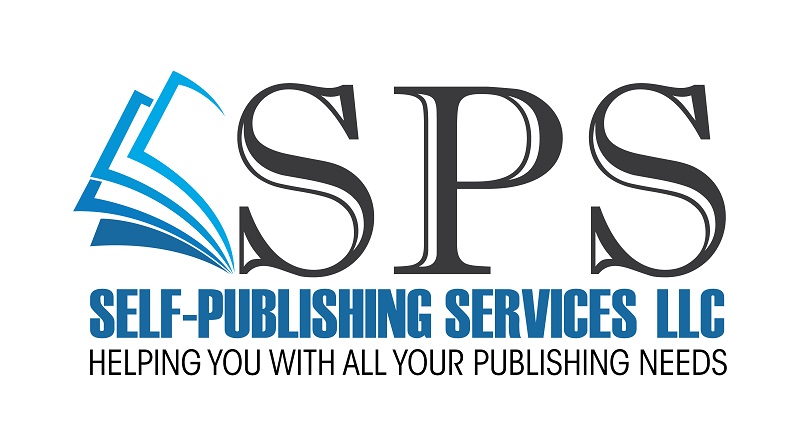Back to School: That Thing About Weak Words
Class is in session once again at Self-Publishing Services, and today we’re talking about words that weaken your writing. Authors often use a weaker word to help explain their ideas or a filler word to help string a sentence along. As with every grammar rule, there’s always an exception (in dialogue, for instance, to match a character’s tone and patterns of speech). It’s always important to take the time to go over your writing, however, and see if there are areas where you can strike a word or pick something stronger to more effectively relay your message.
We’ve talked in previous blogs about ways adverbs can weaken your writing. For instance, saying a character is walking slowly or walking quickly rather than using a strong verb like shuffling or scurrying. But let’s also talk about some other words that weaken your writing. This isn’t an exhaustive list, but here are a few common word choices where we see an author inadvertently weaken their writing.
Thing
Thing is such a versatile word that can mean almost anything. Saying, “the thing is,” refers to an issue or a problem. “I can’t find the thing for the TV,” refers to an object. “The thing about me,” can refer to a personal problem, hangup, or struggle. When speaking among friends, that kind of informal language is pretty normal. Because thing is a word that easily blends into just about any sentence, however, it makes it a pretty weak choice in written form.
Instead of thing, take some time to really consider what you’re talking about. What's the word thing referring to specifically? Is it an object, a problem, a feeling, or a conflict? Use strong, specific words to let your reader know what you mean! So instead of, “Where’s the thing for the TV,” say, “Where’s the remote?” Instead of, “The thing about me,” try, “A problem I struggle with.” Using specific language and stronger words to deliver your point not only make your writing clearer, but they make it more dynamic and engaging.
Of course, the word “thing” isn’t one writers should avoid entirely. It’s a word a writer should use intentionally to either work with a character’s typical speech patterns or to deliver a point. For instance, in the iconic film The Princess Bride, the hero, Westley, outlines the ways he plans to hurt the film’s antagonist, Prince Humperdinck. Westley promises Humperdinck that the rest of his life will be spent with children crying at the sight of him and women to yelling, “Dear God, what is that thing?”
(You can watch the clip here if you haven’t seen the film, but we also won’t blame you if you pause reading this to watch the whole thing.)
Is there a stronger word than thing Westley could have used? For sure! Monster, abomination, or creature certainly could have done the trick. But using the word thing intentionally in that moment drives home how inconsequential and wretched Westley hopes to make the rest of Humperdinck’s life. Additionally, contrasting a fairly small, simple word with the rest of his colorful, verbose tapestry of creative insults further drives Westley’s view of Humperdinck’s insignificance and intelligence. In fact, Westley even tells this prince he’ll be using small words to ensure that the prince can understand.
You don’t have to cut the word thing from your vocabulary. Just be sure you’re using it intentionally!
That
Another weak word spotted in writing is the word ‘that.’ This one is a bit trickier because unlike the word thing, the word that isn’t just effective when used intentionally to deliver a point or match a character’s natural speaking pattern. The word that can be a helpful, vital part of a sentence. For instance, looking at the example used above from The Princess Bride, Westley says women will see Prince Humperdinck and cry out, “Dear God, what is that thing?” In this sentence, not only is the word thing used intentionally, but the word that is a helpful modifier. It indicates what specific thing the speaker is talking about, and if the word that was omitted, the sentence wouldn’t make sense on its own. Check it out, “Dear God, what is thing?”
However, many writers use the word that as a filler word to help get them through a sentence. For instance, in the sentence, “It’s true that I love coffee,” the word that doesn’t add anything to the sentence. It doesn’t act as a modifier in any way, simply acting as a verbal boost to get the writer from one part of the sentence to the next. If you omit the word that from the sentence, it makes perfect sense and it’s more streamlined, “It’s true I love coffee.”
A helpful trick to see if the word that is helping your sentence or acting as a writing booster is to replace the word that with other filler words such as um or like. If Westley from The Princess Bride was editing his words, and he replaced that with um, his sentence wouldn’t make sense. “Dear God, what is, um, thing?” However, using the coffee example, “It’s true, um, I like coffee,” reveals how little the word that does for the sentence, and highlights the strength of the words around the filler word. If your use of the word that can be replaced with a filler word like um or like, it’s probably best to omit it.
Of course, this is a really challenging process, and it can be extremely hard to spot these issues in your writing on your own. It’s part of the reason why hiring an editor is so important. If you are ready to talk about starting the editorial process on your book, send us a note to schedule your free consultation! We’re ready and excited to partner with you!

